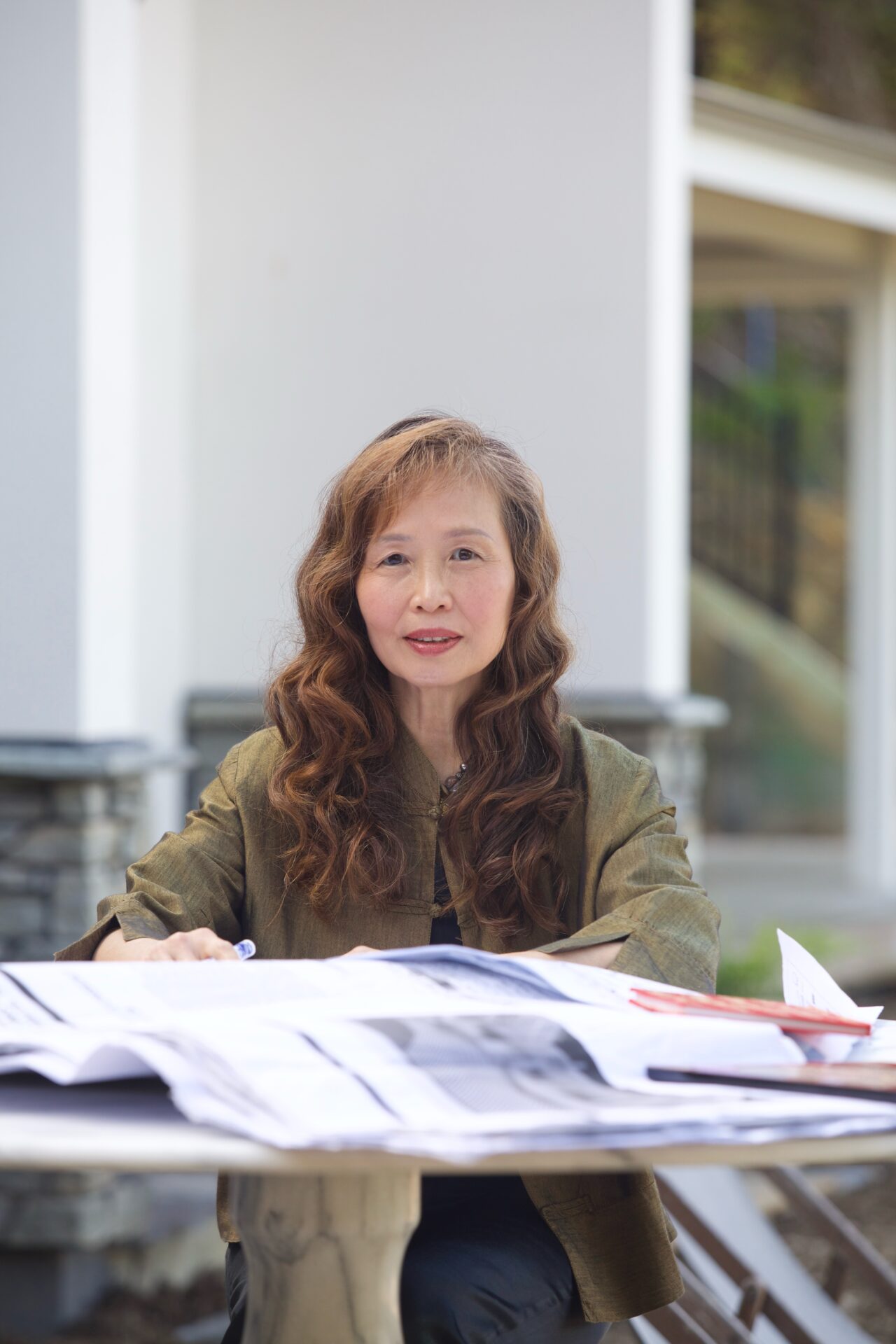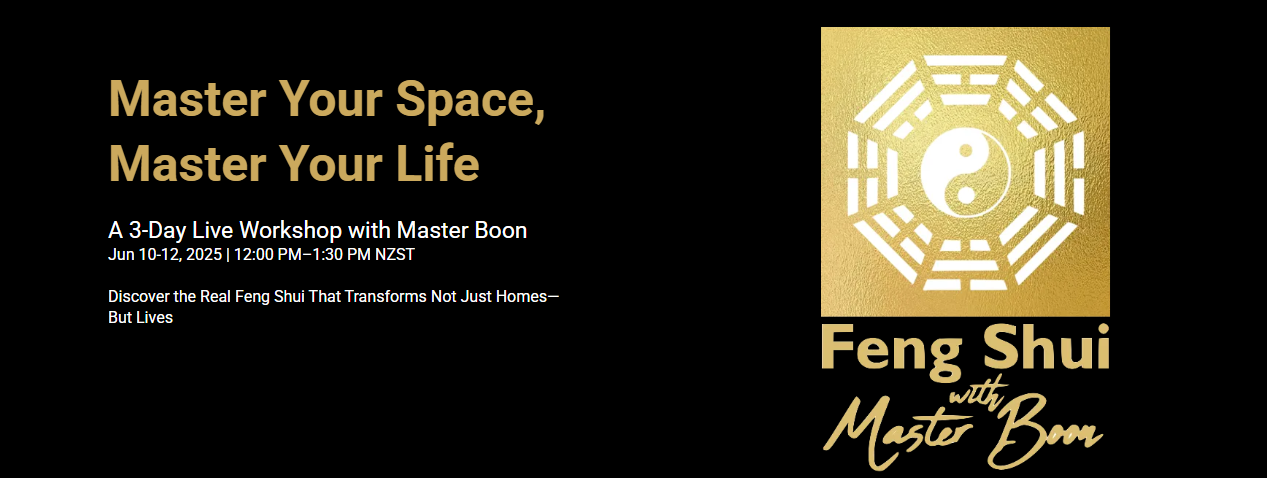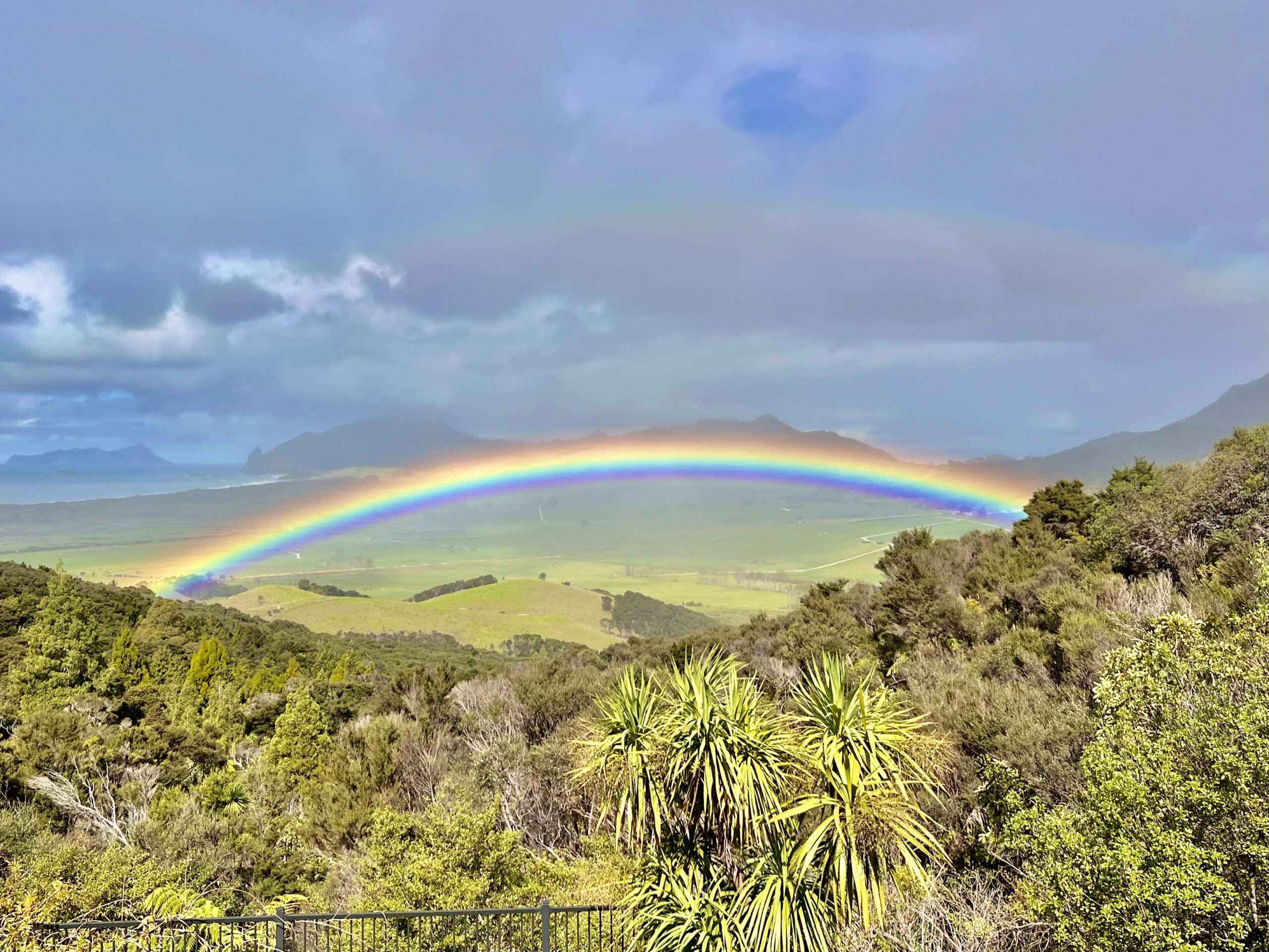DAO TEACHINGS FROM LAOZI from the Dao de Jing
上善若水,The Supreme Good is like water🌊,
水善利万物而不争, Which nourishes all things without trying to🦋🌱
处众人之所恶,It is content with the low places that people disdain🏞.
故几于道。 Thus it is like the Dao.
In the wisdom of Laozi🧙🏻♂️, water is a metaphor for virtue because it exemplifies several qualities and principles that are highly regarded in Daoist philosophy.
- Adaptability: Water is exceptionally adaptable. It takes the shape of whatever container it is in, and it can flow around obstacles. In a similar way, virtue involves being adaptable and flexible in one’s interactions with the world. This means adapting to different situations, people, and challenges without losing one’s essential nature.
- Selflessness: Water provides for all without discrimination. It nourishes plants, animals, and humans alike. Virtue, according to Laozi, involves selflessness and a sense of caring for others. It means acting for the greater good and not seeking personal gain or recognition.
- Humility: Water naturally flows to low places and doesn’t seek high positions. It embodies humility, not trying to dominate or rise above others. Virtue, in Laozi’s view, is closely tied to humility and the absence of arrogance or ego.
- Non-Contention: Water doesn’t compete or contend with other elements. It doesn’t try to overpower or defeat obstacles but finds a way around them. Virtue, as Laozi describes it, is non-contentious. It doesn’t involve unnecessary struggle or conflict but flows harmoniously with the natural order.
- Naturalness: Water follows the path of least resistance, which is aligned with the Dao, or the natural way of things. Virtue, in Laozi’s philosophy, is about living in harmony with the Dao, or the natural order of the universe.
These qualities of water serve as metaphors in Laozi’s teachings to illustrate the principles of living a virtuous life in harmony with the Dao. Water’s natural behavior serves as a model for individuals to cultivate virtue by embracing humility, adaptability, and selflessness.
#MasterBoon
#FengShuiMaster #FengShuiWithMasterBoon #WalkTheDao #DaoWisdom #LaoziWisdom #DaoTeachings #Laozi #Daodejing #TaoTeChing #FengShuiGarden #ZenGarden #FengShuiCourtyard
Verse 8 (Translated by Stephen Mitchell): “The supreme good is like water, which nourishes all things without trying to. It is content with the low places that people disdain. Thus it is like the Tao.
In dwelling, live close to the ground. In thinking, keep to the simple. In conflict, be fair and generous. In governing, don’t try to control. In work, do what you enjoy. In family life, be completely present.”
In these verses, Laozi uses water as a metaphor for the Dao (Tao) and discusses how the qualities of water, such as humility, adaptability, and nourishing all things, can serve as a guide for living in harmony with the natural order.
Harmony’s Dance: A Daoist Ode by the Water’s Edge
Upon the rocks, the water’s wisdom flows,
A whispering cascade, where Dao’s essence shows.
As it trickles, it weaves tales of the ancient way,
In the gentle ripples, the truths of life display.
Nearby spring leaves, like Dao’s disciples, sway,
Rustling in the breeze, in harmony they obey.
In their dance, the cycles of existence they bind,
Water, leaves, and breeze, in Dao’s embrace entwined.






